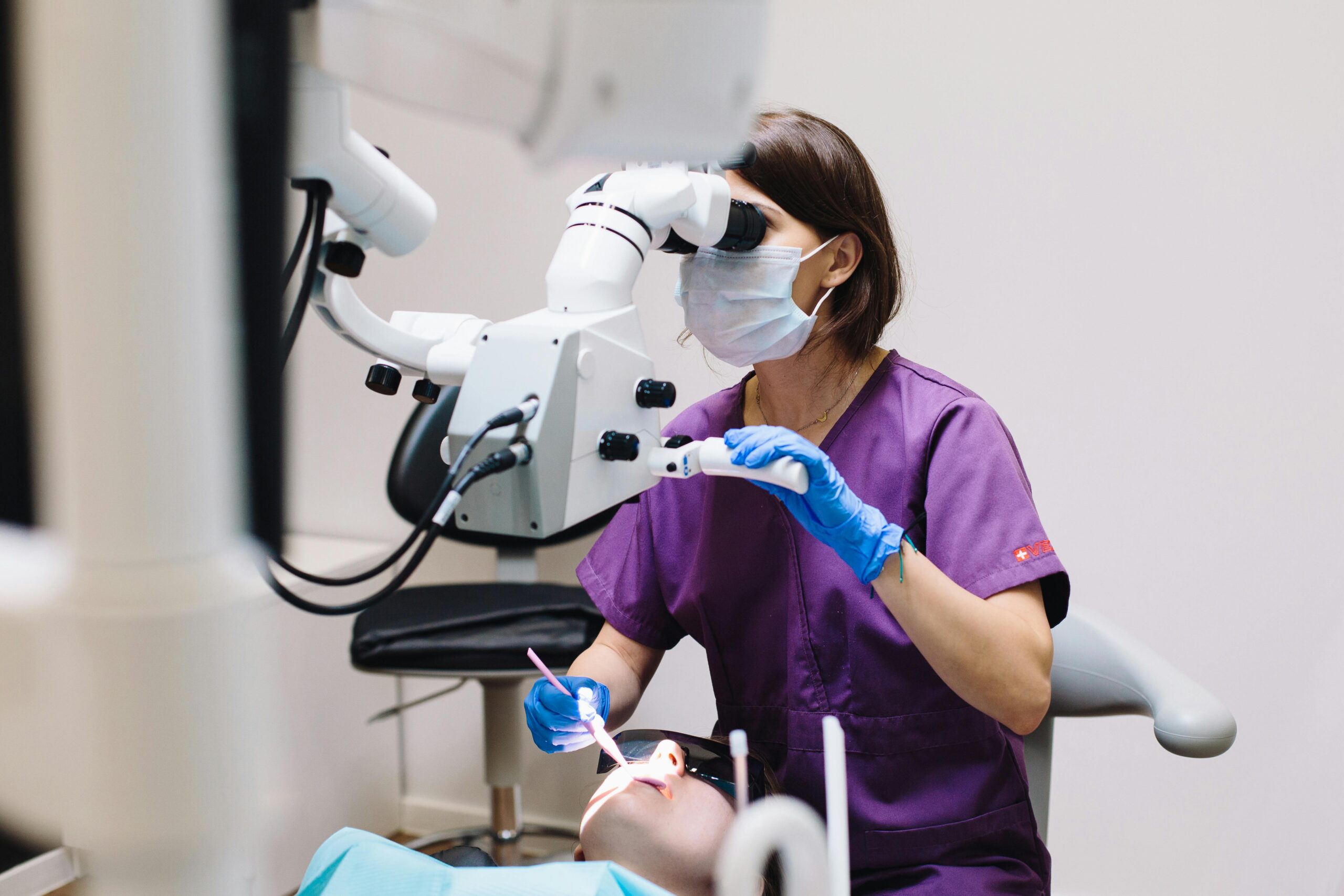Uterine fibroids, also known as leiomyomas or myomas, are non-cancerous growths of the uterus that often appear during childbearing years. Although benign, they can cause significant health issues, including heavy menstrual bleeding, pelvic pain, and complications during pregnancy. Clinical trials are essential in advancing treatment options, aiming to reduce symptoms and improve the quality of life for affected women. This article provides an in-depth assessment of clinical trials for uterine fibroids, focusing on the competitive dynamics among key pharmaceutical companies: Repros Therapeutics Inc., Myovant Sciences GmbH, Bayer AG, and AbbVie Inc.
Understanding Uterine Fibroids
Definition and Types of Uterine Fibroids
Uterine fibroids are tumors that develop from the muscle tissue of the uterus. There are four main types, classified based on their location: intramural (within the muscular wall of the uterus), submucosal (beneath the lining of the uterus), subserosal (under the outer covering of the uterus), and pedunculated (attached to the uterus by a stem).
Prevalence and Impact on Women’s Health
Fibroids are the most common benign tumors in women of reproductive age, affecting an estimated 20-80% of women by the age of 50. They are more prevalent in African American women, who also tend to experience more severe symptoms. The impact on health can be substantial, including heavy menstrual bleeding, anemia, pelvic pain, frequent urination, and reproductive issues.
Symptoms and Complications Associated with Uterine Fibroids
Common symptoms include heavy or prolonged menstrual periods, pelvic pain, back pain, urinary frequency, and constipation. Complications can range from severe anemia due to heavy bleeding to fertility issues and complications during pregnancy, such as preterm birth and miscarriage.
Clinical Trials Overview
Purpose and Phases of Clinical Trials
Clinical trials are research studies conducted to evaluate the safety and effectiveness of new medical treatments. They are typically conducted in four phases:
- Phase I: Tests safety and dosage in a small group of healthy volunteers or patients.
- Phase II: Assesses the efficacy and side effects in a larger patient group.
- Phase III: Confirms effectiveness, monitors side effects, and compares the new treatment to standard treatments in a larger patient population.
- Phase IV: Conducted after the treatment is approved, focusing on long-term effects and additional uses.
Regulatory Framework and Approval Process for New Treatments
Clinical trials must adhere to strict regulatory standards to ensure patient safety and reliable results. In the U.S., the Food and Drug Administration (FDA) oversees this process, requiring detailed documentation and evidence of a treatment’s safety and efficacy before approval.
Importance of Clinical Trials in the Development of Uterine Fibroids Treatments
Clinical trials are crucial for developing new treatments for uterine fibroids, providing evidence on the safety and effectiveness of novel therapies. They help identify the best treatment options, optimize dosages, and understand potential side effects, ultimately leading to improved patient outcomes.
Competitive Dynamics in Uterine Fibroids Clinical Trials
Overview of the Competitive Landscape
The market for uterine fibroids treatments is highly competitive, with several pharmaceutical companies investing in research and development to introduce innovative therapies. The competitive dynamics involve not only the development of effective treatments but also strategic partnerships, acquisitions, and market positioning.
Get a Free Sample Report with Table of Contents – https://www.expertmarketresearch.com/clinical-trials/uterine-fibroids-drug-pipeline-analysis/requestsample
Key Players in the Market and Their Roles
Repros Therapeutics Inc.
- Known for developing reproductive health treatments.
- Focuses on innovative therapies for women’s health issues, including uterine fibroids.
Myovant Sciences GmbH
- A biopharmaceutical company dedicated to developing treatments for women’s health and endocrine diseases.
- Known for its development of relugolix, a promising treatment for uterine fibroids.
Bayer AG
- A global pharmaceutical giant with a significant focus on women’s health.
- Has a strong portfolio of treatments for uterine fibroids, including Ulipristal acetate.
AbbVie Inc.
- A leader in biopharmaceuticals with a robust women’s health division.
- Developed Elagolix, another innovative treatment for uterine fibroids.
Repros Therapeutics Inc.
Company Profile and Background
Repros Therapeutics Inc. specializes in the development of therapies for reproductive health. The company’s research has focused on addressing conditions like endometriosis and uterine fibroids, aiming to improve the quality of life for affected women.
Current and Past Clinical Trials for Uterine Fibroids
Repros has conducted several clinical trials to evaluate the efficacy and safety of its treatments. These trials have explored different therapeutic approaches, including hormonal and non-hormonal treatments, to manage fibroid symptoms.
Key Findings and Impact of Their Research
Repros’ research has led to significant advancements in understanding the pathophysiology of uterine fibroids and developing targeted therapies. Their clinical trials have demonstrated promising results, showing reductions in fibroid size and symptom relief.
Future Prospects and Ongoing Research
Repros continues to invest in research, exploring new therapeutic targets and combination therapies. Ongoing trials aim to further refine treatment protocols and enhance the efficacy and safety of their products.
Myovant Sciences GmbH
Company Profile and Background
Myovant Sciences GmbH focuses on developing innovative treatments for women’s health and endocrine diseases. The company leverages advanced scientific research to address unmet medical needs, including uterine fibroids.
Current and Past Clinical Trials for Uterine Fibroids
Myovant’s flagship product, relugolix, has been the subject of extensive clinical trials. These studies have evaluated its effectiveness in reducing fibroid-related symptoms and improving patients’ quality of life.
Key Findings and Impact of Their Research
Clinical trials of relugolix have shown significant reductions in menstrual bleeding and fibroid volume. The treatment has been well-tolerated, with manageable side effects, making it a promising option for fibroid management.
Future Prospects and Ongoing Research
Myovant is expanding its research to explore new formulations and combination therapies involving relugolix. The company aims to further enhance treatment outcomes and address a broader range of symptoms.
Bayer AG
Company Profile and Background
Bayer AG is a leading pharmaceutical company with a strong focus on women’s health. The company has a comprehensive portfolio of products addressing various gynecological conditions, including uterine fibroids.
Current and Past Clinical Trials for Uterine Fibroids
Bayer has conducted numerous clinical trials for its uterine fibroid treatments, including Ulipristal acetate. These studies have explored different dosing regimens and patient populations to optimize treatment efficacy.
Key Findings and Impact of Their Research
Bayer’s research has demonstrated that Ulipristal acetate is effective in reducing fibroid size and controlling bleeding. The treatment has been well-received by patients, offering a non-surgical option for fibroid management.
Future Prospects and Ongoing Research
Bayer is continuing its research to explore new indications and combinations of Ulipristal acetate with other therapies. The company is also investigating novel drug delivery systems to improve patient compliance and outcomes.
AbbVie Inc.
Company Profile and Background
AbbVie Inc. is a global biopharmaceutical company known for its innovative treatments in various therapeutic areas, including women’s health. The company has developed several leading products for managing gynecological conditions.
Current and Past Clinical Trials for Uterine Fibroids
AbbVie’s development of Elagolix has been a significant milestone in uterine fibroid treatment. The company has conducted extensive clinical trials to evaluate its efficacy and safety in managing fibroid symptoms.
Key Findings and Impact of Their Research
Clinical trials of Elagolix have shown promising results, with significant reductions in menstrual bleeding and fibroid size. The treatment has been well-tolerated, with side effects that are manageable and reversible.
Future Prospects and Ongoing Research
AbbVie is focused on expanding the use of Elagolix through new clinical trials and exploring combination therapies. The company aims to provide comprehensive solutions for women with uterine fibroids, enhancing their quality of life.
Comparative Analysis
Comparative Analysis of the Clinical Trial Outcomes from the Key Players
A comparative analysis of clinical trial outcomes reveals that each company has made significant contributions to the field. Repros Therapeutics has advanced hormonal treatments, Myovant Sciences has shown promising results with relugolix, Bayer has a strong portfolio with Ulipristal acetate, and AbbVie has innovated with Elagolix.
Strengths and Weaknesses of Each Company’s Approach
- Repros Therapeutics: Strengths include a focus on hormonal treatments; weaknesses involve the limited scope of non-hormonal options.
- Myovant Sciences: Strengths lie in the innovative use of relugolix; weaknesses include the potential side effects of long-term use.
- Bayer AG: Strengths are a comprehensive portfolio and established treatments; weaknesses involve the competition from newer therapies.
- AbbVie Inc.: Strengths include the novel approach with Elagolix; weaknesses are the need for further research to confirm long-term efficacy.
Innovations and Breakthroughs in the Treatment of Uterine Fibroids
The innovations from these companies include new drug formulations, combination therapies, and advanced delivery systems. These breakthroughs are enhancing the management of uterine fibroids, offering patients more effective and less invasive treatment options.
Market Impact and Future Directions
Impact of Clinical Trial Outcomes on the Market
The successful outcomes of these clinical trials have had a significant impact on the market, leading to the approval of new treatments and expanding the options available to patients. These advancements are driving competition and innovation in the field.
Expected Trends and Advancements in Uterine Fibroids Treatment
Future trends include the development of personalized medicine approaches, minimally invasive treatments, and combination therapies. Advancements in genetic research and molecular biology are also expected to contribute to new treatment modalities.
Future Directions for Research and Clinical Trials
Future research will likely focus on understanding the underlying mechanisms of fibroid development, identifying new therapeutic targets, and improving existing treatments. Collaborative efforts between pharmaceutical companies, research institutions, and regulatory bodies will be crucial in advancing the field.


